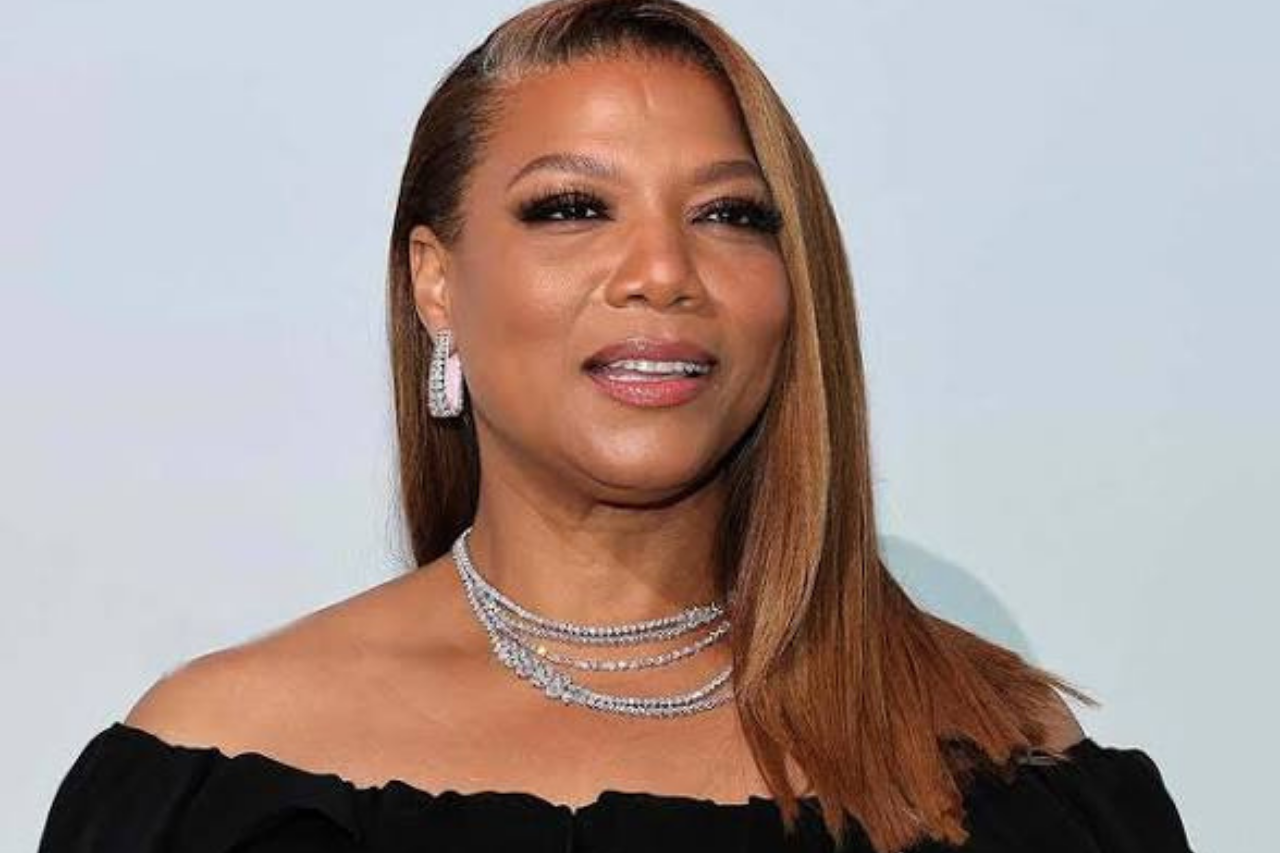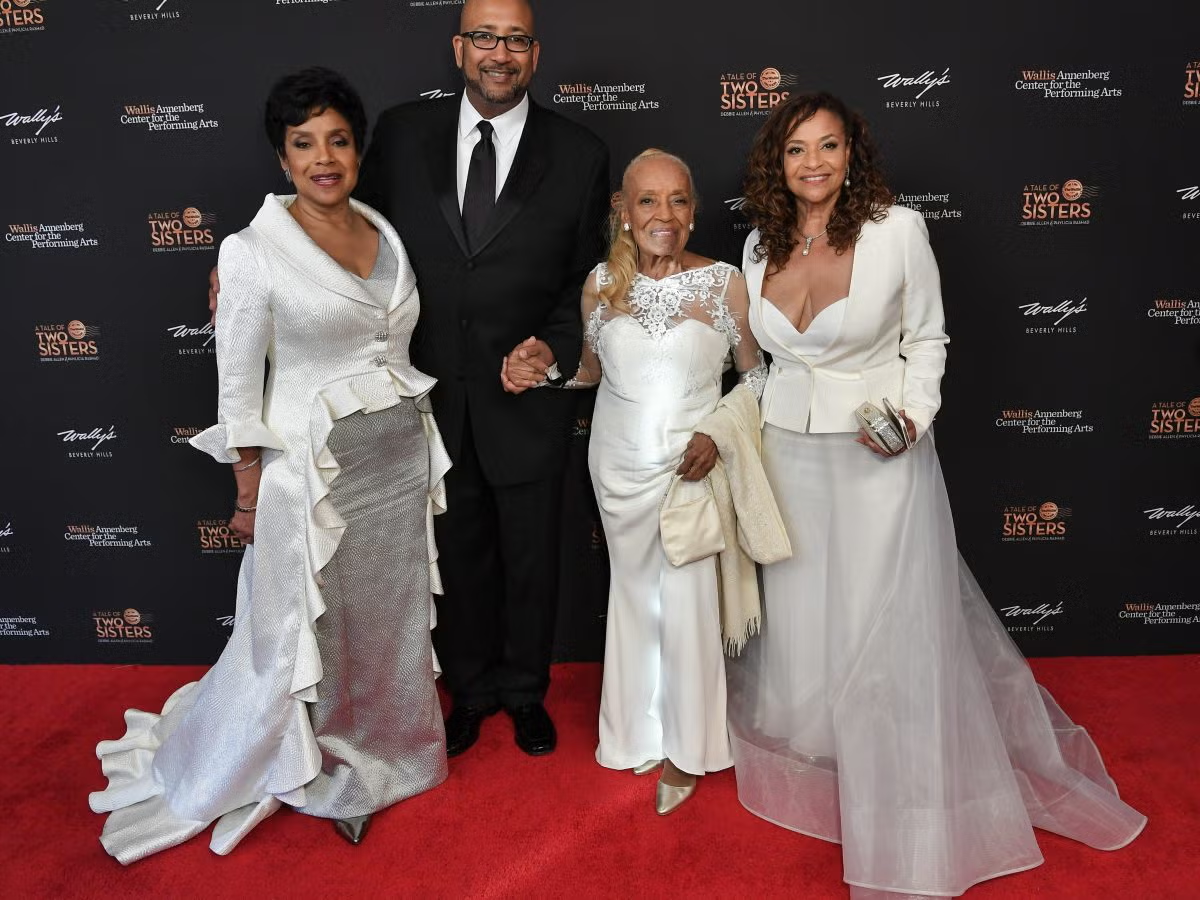Queen Latifah is stepping into a new kind of spotlight, partnering with WeightWatchers as the first spokeswoman for its menopause program and talking openly about a subject that too often lives in whispers. On TODAY with Jenna & Friends, she said out loud what many feel—that people are still uncomfortable even saying the word menopause—and urged better access to care. In press interviews, she added that the transition can feel “scary,” yet also powerful when you understand your body and have support.
Latifah’s tone has been straight talk, the same energy that made her a generational voice. In PEOPLE, she described realizing she was entering menopause and deciding to get informed, lean on friends who had been through it, and prioritize sleep, strength, and mental well-being. That mix of candor and practical steps gives women permission to talk openly about symptoms, choices, and goals.
Her message lands because the stigma is real. On Jenna & Friends she called for comfort with the word itself, and for care that doesn’t feel like a luxury. Hearing that on a mainstream morning show matters, especially to working women who are juggling hot flashes, brain fog, career pivots, and caregiving.
There will be fair questions about a weight-management brand leading this conversation. WeightWatchers is in the middle of a strategic reinvention that includes telehealth, obesity medications, and now menopause care, which brings scrutiny about how outcomes are measured and how ads frame women’s bodies. Transparency, independent evaluation, and clinical oversight will determine trust.
Latifah, who has always been open about the ups and downs of weight management and who stands at the forefront of supporting women’s health and dignity, is consistent here. She is naming the stigma, validating symptoms, and pointing to evidence-based options, which can move the conversation forward.
WeightWatchers’ “WeightWatchers for Menopause” program blends medical care, evidence-based treatment options, a tailored Points plan, fitness for strength and stability, and community workshops led by coaches trained for this life stage. WW says Clinic members of menopausal age lost an average 18.6% of body weight in one year under clinician-monitored plans. The program can include hormone therapy or GLP-1 medications when appropriate, under licensed clinicians.
There’s also encouraging emerging evidence that combining HRT with semaglutide may enhance weight-loss response in postmenopausal women, though larger trials are still needed. That nuance, hopeful data with guardrails, helps women and clinicians personalize care.
- Hormone therapy (HT) remains the most effective treatment for vasomotor symptoms and protects bone, though risks vary by formulation, timing, and duration. Discussion with a clinician is essential.
- Nonhormone options—from certain antidepressants to behavioral and lifestyle strategies—also have evidence for hot flashes and sleep. These matter for women who cannot or prefer not to use HT.
- Weight, sleep, and strength training are not side notes. They interact with symptoms, mood, and long-term health, which is why programs that connect nutrition, movement, and medical care can be useful when well-supervised.
Gen X—born 1965 to 1980—is squarely in midlife in 2025 (ages 45 to 60), which is exactly when perimenopause and menopause peak. In the U.S., about 1.3 million women transition into menopause each year, while globally, there were ~657 million people aged 45–59 in 2020, and about half were in the workforce.
That scale explains why employers and health systems are finally paying attention; Bank of America estimates ~20% of the workforce is somewhere along the menopause transition at any time. The demographic bulge is moving through leadership roles and caregiving years simultaneously, making evidence-based guidance and stigma-free support urgent rather than optional.
Silence has real costs. A large Mayo Clinic study linked menopause symptoms with adverse work outcomes and estimated $1.8 billion in lost work time annually in the U.S., with total related medical costs topping $24 billion. An AARP analysis updated in 2024 reached similar conclusions and found women spend about $13 billion a year out-of-pocket managing symptoms.
Stigma drives under-reporting and under-support. Catalyst’s global survey found 84% of respondents want better menopause support at work, 37% report job impacts, and 72% hide symptoms because of stigma. Policy is catching up: the U.K.’s equality regulator has reminded employers that significant symptoms may require “reasonable adjustments”under the Equality Act.
Queen Latifah’s message is not only simple, it’s timely. Menopause is not a private failing. It is a health stage that deserves clarity, dignity, and accessible care. If celebrity candor opens the door, better benefits, evidence-based programs, and workplace culture will keep it open.
Discover more from MidScroll
Subscribe to get the latest posts sent to your email.



